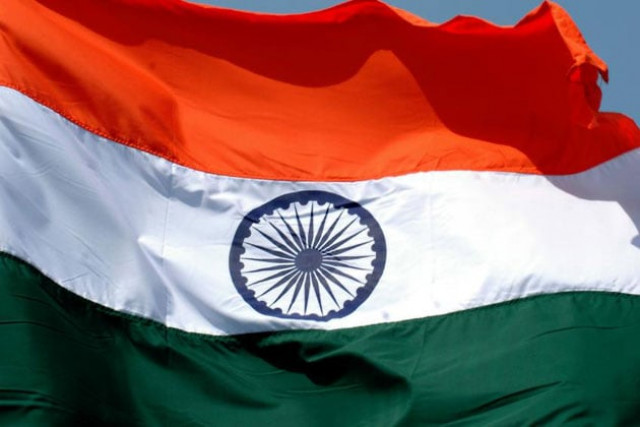India launches its first dedicated navigation satellite
One satellite will be launched every six months with the IRNSS expected to be fully operational by 2015.

One satellite will be launched every six months with the IRNSS expected to be fully operational by 2015
The first of seven satellites will be carried into space as part of the Indian Regional Navigation Satellite System (IRNSS), just months after China inaugurated its own domestic satellite navigation system.
"The (Indian) system has been indigenously built to provide accurate position or location information services to users across the country and up to 1,500 kilometres away from our borders," said Devi Prasad Karnik, director of the Indian Space Research Organisation (ISRO).
A rocket carrying the first satellite is expected to take off at 11:41 pm local time Monday from a site in the southeastern state of Andhra Pradesh.
"The 1,425-kilogram satellite will be put into equatorial orbit 20 minutes after lift-off," Karnik told AFP in Bangalore, where the state-run space agency is based.
One satellite will be launched every six months with the IRNSS expected to be fully operational by 2015, the space agency said.
IRNSS will provide commercial and public navigational services such as helping with disaster management as well as movements of India's military, including those of ships and aircraft.
"When fully operational, the system will provide two types of services; standard positioning service and restricted service," Karnik said, after the countdown for the launch began on Saturday.
"The former will be provided to all users while the later will be an encrypted service for authorised users such as the military and security."
Indian officials estimate the project will cost $238.6 million.
India has a well-established space programme which is a source of strong national pride, but its cost has attracted criticism as the government struggles to tackle poverty and child malnutrition.
China's Beidou, or Compass, navigation system started providing services in the region in December, and is expected to offer global coverage by 2020.
Beijing began building the 16-satellite network in 2000 to avoid relying on the US GPS system. Reports in June said Pakistan, which has fought three wars with India, was set to become the fifth Asian country to use the Chinese system.



1726734110-0/BeFunky-collage-(10)1726734110-0-208x130.webp)















COMMENTS
Comments are moderated and generally will be posted if they are on-topic and not abusive.
For more information, please see our Comments FAQ